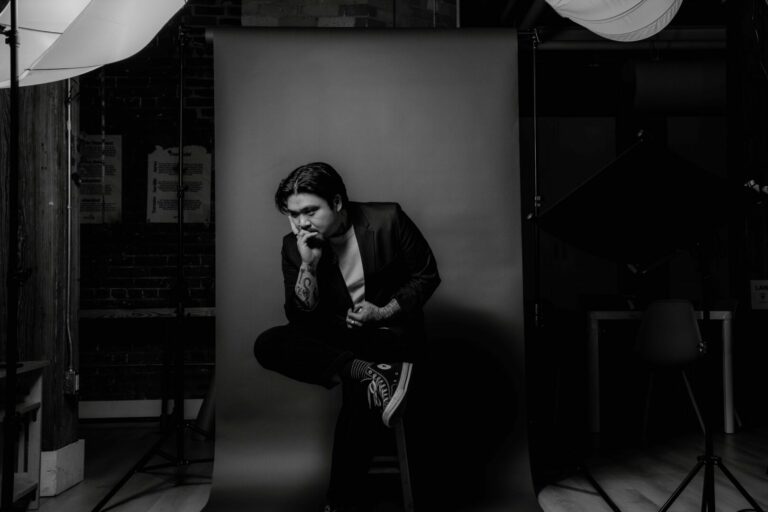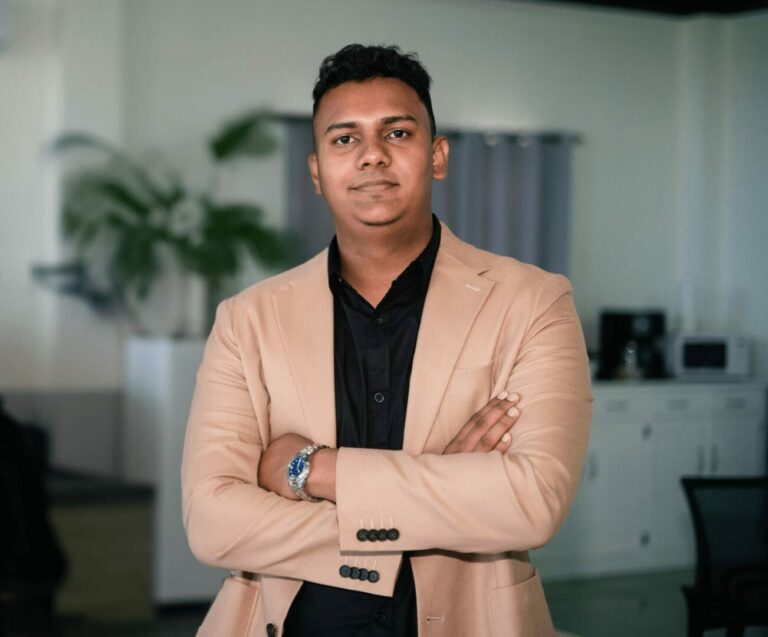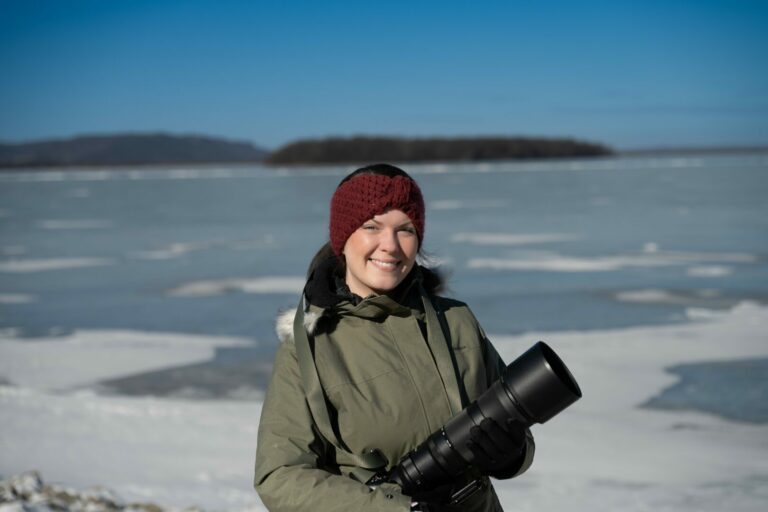We caught up with the brilliant and insightful Flora Rees-Arredondo a few weeks ago and have shared our conversation below.
Flora, first a big thank you for taking the time to share your thoughts and insights with us today. I’m sure many of our readers will benefit from your wisdom, and one of the areas where we think your insight might be most helpful is related to imposter syndrome. Imposter syndrome is holding so many people back from reaching their true and highest potential and so we’d love to hear about your journey and how you overcame imposter syndrome.
Imposter syndrome is tough. I still grapple with this uncertainty every time I start a new job, probably exacerbated by jumping between industries almost every new project I work on. The good news is that even though my imposter syndrome flares up each time I face a new, significant challenge in my career, my confidence and self-esteem also bounce back within a few months after acclimating to the job. In a way, I can always count on the feeling of being an imposter at the start of a job, but then growing into the project after the onboarding process is complete. Rather than overcoming imposter syndrome, I’ve found that it’s a routine, normal part of my process.
Let’s take a small detour – maybe you can share a bit about yourself before we dive back into some of the other questions we had for you?
I’m a self-employed queer Latinx Art Director and Visual Development Artist based in Pasadena, CA. I work in animation, R&D, live action commercials, and children’s books for a range of clients including Osmo, Warner Bros. Animation, and US Bank. I was a Production Intern at Cartoon Network on Victor and Valentino, directed the award-winning 2D animated short film Malinchista, and recently worked as a Visual Development Artist on several productions in development at WBA. I spend my free time creating artwork and content that supports unheard voices in order to create a positive impact on the society we live in!
I’m also currently looking for Art Director or Visual Development work, available to start anytime.
Looking back, what do you think were the three qualities, skills, or areas of knowledge that were most impactful in your journey? What advice do you have for folks who are early in their journey in terms of how they can best develop or improve on these?
As a full time freelancer/contractor, I think it’s most important to develop your brand, learn how to negotiate wages and contracts, as well as developing the financial literacy to manage your small business.
Developing your brand happens organically over time, as you decide what to specialize in, what style of work excites you, and what message you want to communicate to your audience. Learning how to manage your social media presence is important. Even if you don’t have a large following, you have to start small and connect with the audience you currently have in order to slowly expand your community. If you have a brand that speaks to people, the jobs and opportunities that align with what you’re looking for will find you over time.
Learning how to negotiate is unfortunately not commonly taught in art classes or programs, so I’d highly recommend taking finance or business classes, workshops, and most importantly asking other artists about their experiences. It feels weird to openly talk about wages and money at first, but it’s incredibly important to know what a reasonable wage is for a specific job in order to make sure you’re not being taken advantage of. Especially for us women and people of color, we tend to ask for less wages than the company or agency is willing to give. Always ask for more than you’d ideally like to make, so that you have room to negotiate down. Compare notes with your peers in order to get the best deal possible.
Similar to negotiating, it’s imperative to develop the financial literacy to manage your small business as a freelancer. You’ll need to learn how to balance your books, track all your spending, develop a budget, how to save for retirement, and especially how to figure out the confusing labyrinth of estimated taxes (federal and state taxes, sometimes city tax too). The hardest part for me was learning about estimated taxes. I highly recommend working with an accountant once a year to file your taxes correctly, and ask any questions you have about the process. You don’t have to find an accountant who specializes specifically in the arts either – I’ve used H&R Block for years and they’ve been really helpful as well as budget friendly. There are great classes, workshops, and social media accounts with a lot of knowledge on these topics too, such as Taxes for Artists on Instagram.
What would you advise – going all in on your strengths or investing on areas where you aren’t as strong to be more well-rounded?
As a freelancer, I’ve found that it’s much more important to be well-rounded with a variety of skillsets and a wide range of art styles in your toolbox. The more jobs you’re qualified for, the better, especially in this tough time of layoffs across multiple industries. Even though I graduated university specializing very specifically on 2D background painting for TV animation, I’ve added many skills and new programs to my toolbox through jumping between different industries on almost each new project I’ve contracted on. I found new and challenging opportunities by applying to a wide range of jobs, and having a specific brand that appealed to a variety of projects across different disciplines. By being willing to learn new skills on the job and challenging myself, I’ve learned many valuable experiences that have helped me grow my skillset.
Contact Info:
- Website: https://www.florareesarredondo.com/
- Instagram: https://www.instagram.com/flora_reesa/
- Linkedin: https://www.linkedin.com/in/flora-rees-arredondo/
- Twitter: https://twitter.com/flora_reesa
- Youtube: https://youtu.be/y-iZFFVDZX0 (Malinchista – full animated film on YouTube)
- Other: https://www.tiktok.com/@flora_reesa









